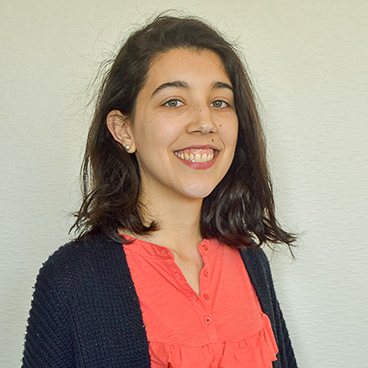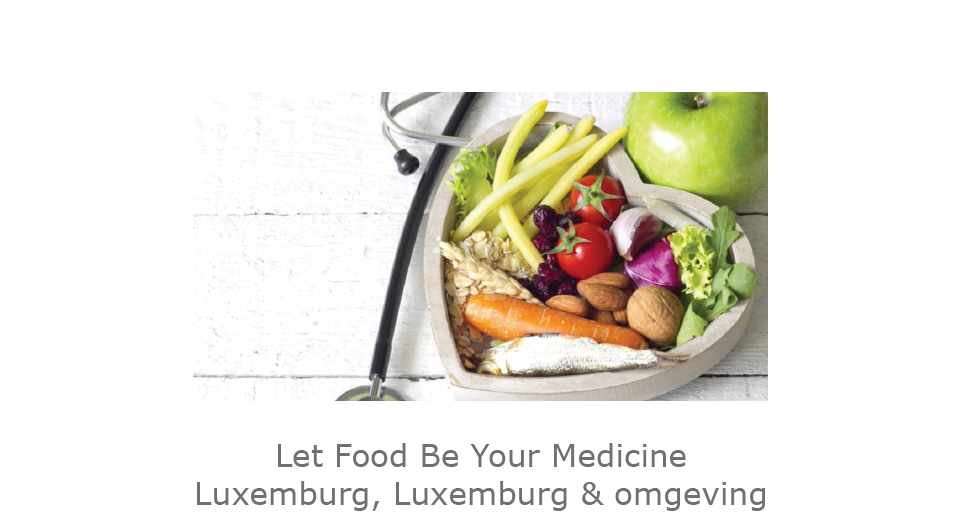Let food be your medicine

Reporting by Paola Hernández Olivan - Food Policy & Projects Officer - HCWH Europe
Similar to other countries in Europe, the food production system varies between hospitals in Luxembourg, but one remarkable aspect is that they are changing from an external centralised kitchen to a more traditional model of food preparation with onsite kitchens. By operating with smaller units catering staff can have more direct control over the menus as well as the quality and quantity of food ordered; they are also able to more easily follow current diet trends and increasingly cater for allergies and intolerances, as well as developing vegetarian and vegan menus.
 Members of the Luxembourg Hospital Federation presented this concept at a recent event Let Food be your Medicine where other food initiatives in both Luxembourg and The Netherlands’s healthcare systems were discussed.
Members of the Luxembourg Hospital Federation presented this concept at a recent event Let Food be your Medicine where other food initiatives in both Luxembourg and The Netherlands’s healthcare systems were discussed.
All hospitals within the Luxembourg Hospital Federation have a dietary unit where employees are in charge of therapeutic activities in the care units and catering activities in the kitchen. With close collaboration between the dietary unit, doctors, and catering staff, each patient is provided with meals adapted to their nutritional and other needs. Dieticians work with kitchen staff to provide food services of optimal organoleptic, hygienic and nutritional quality; they also provide nutritional education to patients based on their pathologies, medical prescriptions, and lifestyle.
In 2017, The Centre Hospitalier de Luxembourg joined Sou schmaacht Lëtzebuerg ('This is how Luxembourg tastes'), a campaign from the Ministry of Agriculture. To support national producers, the hospital and its catering partner Sodexo are committed to offer menus throughout the year with food grown in Luxembourg
Elsewhere, research and innovation, often led by food industries, is valuable in addressing some of our current public healthcare concerns. Personalised nutrition, for instance, helps to tackle patients’ malnutrition, accelerate the healing process, and consequently reduce the duration of their hospitalisation.
The Luxembourg government recently hosted the food in healthcare event Let Food be your Medicine in association with the Dutch embassy. At this event Nancy Janssen, Dietician from the Gelderse Vallei Hospital in the Netherlands, and Gisette Peters van Ton, Project Leader of Food in Hospitals from the Nutrition & Healthcare Alliance presented an initiative to reduce malnutrition in Dutch healthcare facilities. The Gelderse Vallei Hospital programme At your Request – is a meal service concept created in partnership with the Wageningen University & Research Center and the catering company Sodexo, which allows patients to choose what they eat, when they eat, where they eat, and with whom they eat.
 The initiative is strongly supported by hospital nurses and dieticians who have insight in foods and drinks ordered by patients. At a cost of approximately €7,50 per patient per day At your Request empowers patients to make their own choices, and as a result their satisfaction, nutritional status, and food intake has improved notably compared to the traditional three meals a day system, helping to improve patients nutrition and reduce food waste.
The initiative is strongly supported by hospital nurses and dieticians who have insight in foods and drinks ordered by patients. At a cost of approximately €7,50 per patient per day At your Request empowers patients to make their own choices, and as a result their satisfaction, nutritional status, and food intake has improved notably compared to the traditional three meals a day system, helping to improve patients nutrition and reduce food waste.
The main challenge in implementing this initiative was the move from a cook and chill system to an a la carte approach. Staff required training and management needed to be convinced that this is a cost-effective strategy by considering the improved nutritional care and thus the quality of life of patients, visitors and employees, whilst also reducing food waste. Managers at the Gelderse Vallei Hospital try to balance three key aspects in their work – cost, performance, and risk - the At your Request programme perfectly incorporates all three.
Does your hospital have an initiative that you would like to share? Get in touch, so we can help you raise awareness and inspire others.
The Gelderse Vallei Hospital has 464 beds and 2,800 employees; the hospital staff consider nutrition and physical activity as fundamental in their care. Malnutrition in The Netherlands costs around €1.1 billion a year, which includes €752 million for patients older than 60. The Dutch authorities have established a set of performance indicators for preventing malnutrition hospitals have to report on annually - they are used for benchmarking between hospitals. The Gelderse Vallei hospital joined the Dutch Malnutrition Steering Group - the national multidisciplinary knowledge centre for the awareness, prevention, identification, and treatment of malnutrition. The Steering Group’s initiatives, such as their project Early recognition and optimal treatment of malnutrition in Dutch hospital (2006-2009), has contributed to a clear decline in the prevalence of malnutrition in the Netherlands.
The Gelderse Vallei hospital has an in-hospital protocol for screening and treating adult malnutrition (available online in English), which is implemented throughout the hospital.
Does your hospital have an initiative that you would like to share? Get in touch, so we can help you raise awareness and inspire others.
